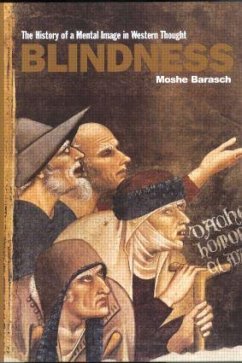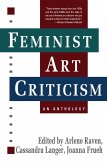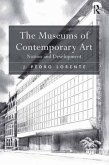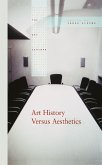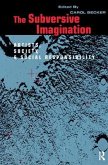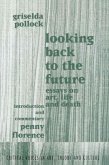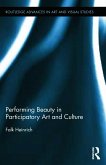"Blindness" is a remarkable study of how Western culture has imagined what it is like to be blind, especially as it is represented in that most visual of arts, painting. Art historian Moshe Barasch here draws upon not only the span of art history from antiquity to the eighteenth century but also the classical and biblical traditions that underpin so much of artistic representation: Blind Homer, the healing of the blind, blind musicians, blindness as a punishment, blindness as a special mark. The book discusses blindness in antiquity, in the Early Christian world, in the Middle Ages, and in the Renaissance, with a final long consideration of Diderot. "Blindness" explores the fascinating paradoxes in the Western representation of blindness, revealing the ways in which the idea of absence of vision has been central in the history of our visual culture.

